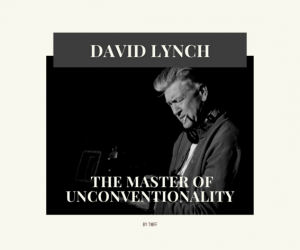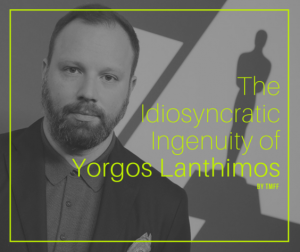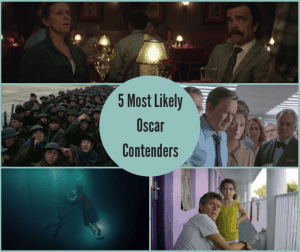Many have Christopher Nolan’s Batman trilogy, the Three Colors trilogy, the Before trilogy, and countless others as their quote-on-quote favorite trilogy. Personally, Joachim Trier’s Oslo Trilogy is my most cherished, even though the three films are separate from one another outside of taking place in the same setting.
After viewing 2021’s Worst Person in The World, I fell in love with Joachim Trier’s ability to tell a story. I regard the film as a masterpiece, and if I could re-do my favorite films of 2021, I’d have it first. The existential nature of Julie (Renate Reinsve) gave me an inner feeling I didn’t know I had. Though I’m not to the degree Julie is, I’m sure everyone can relate to the notion of self-doubt.
My love for Worst Person in The World carried over to 2011’s Oslo, August 31st, and 2006’s Reprise—three perfect films highlighting humanity’s complexity and the idea that most people don’t have it figured out. Even those with natural talents, privilege, or a seemingly perfect life might not be where they want to be.
Humans are more than a job and our relationships. It’s a constant battle to accomplish our deepest goals, even if we’re unsure of what to execute and make what many consider a career. For example, take Julie (Worst Person in the World); she’s constantly indecisive and doubtful of what to do, even with a good relationship and living situation. It’s a reminder that no matter how perfect something seems, you can still feel off.
The Idea Of Potential
Potential is an interesting phrase that gets tossed around by anyone involved in the arts. Whether you’re a writer, musician, or painter, you’ve most likely been told by someone that you have potential or thought you had potential in that specific endeavor. The same can be said for athletes, students, and many others.
In Reprise, we’re introduced to two young writers and best friends, Phillip (Danielsen Lie) and Erik (Espen Klouman Høiner). The writers assess their potential for greatness, both of which feel confident in their writing ability and future. Though we get to see what happens with both, it’s interesting that both assess their chance for greatness.
In Oslo, August 31st, we follow a day of Anders, a recovering heroin addict who believes his time has passed while he visits friends and family in the city from his rehab facility. Anders wants to cut life short because he feels he has no future (potential) left.
Obviously, as an audience, we know that Anders could make something of himself. Take the job interview scene. He clearly has writing talent, but his mistakes in the past are blocking him from seeing clearly. Time doesn’t stop; an issue more people have than they should.
In Worst Person in the World, Julie is the classic case of someone who doesn’t know what to do with their life. It goes back to the societal expectation that someone has to have a thing (be it a passion, career, or personal accomplishment).
The actuality of the subject is our existence should be enough for us to live. Our goals aren’t the only part that matters in life, no matter how ludicrous that might seem to a motivational speaker. That isn’t to say someone shouldn’t have goals; all it’s saying is these three films discuss the hypothesis of self-doubt and what it means to be human.
Us existing is what makes us alive, and our goals are there to drive us forward, not dictate everything around us. Regardless, I urge you to view all three films from Joachim Trier’s Oslo Trilogy, specifically for its uncertainty, diffidence, and insecurity themes.

















